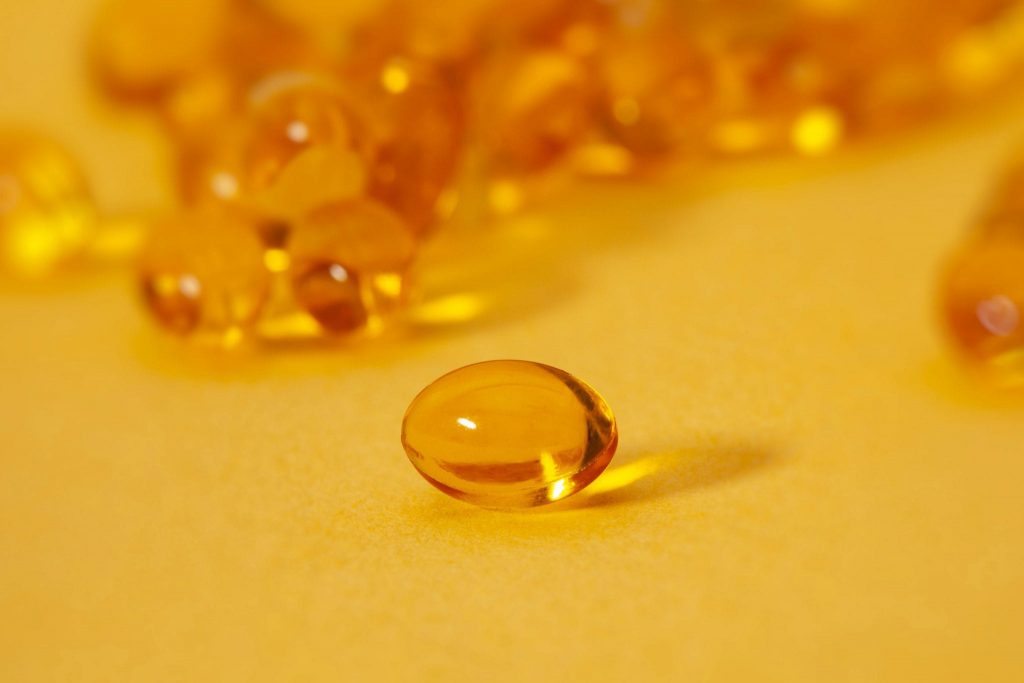
If the depression is chronic or very deep, or if a person is already taking certain medications, it is quite difficult to cure. However, this disorder can be stopped in the early stages when you begin to feel despair, sadness, anxiety, or enter into another negative emotional state.
Vitamin C, B6, folic acid, zinc, magnesium are very important for the body.
In today’s article, we want to talk about vitamins and minerals that help naturally fight depression. Because they act directly on the nervous system and promote a positive attitude to life. As a result, you can feel happier, calmer and enjoy life more.
Vitamin C
This vitamin is very important for a strong immune system. However, it also plays a significant role in the health of the nervous system, as its deficiency causes fatigue and sadness. Lack of vitamin C will not cause you significant harm, but in the long run, it can lead to depression.
It is also useful to take vitamin C during periods of particularly intense physical or mental stress on the body because it helps prevent a bad mood.
The best way to get the recommended dose of vitamin C is to eat citrus fruits. They must be organic.
Foods high in vitamin C include:
- Cranberry
- Kiwi
- Raspberry
- Red bell pepper
- Broccoli
- Spinach
Vitamin B6
Pyridoxine or Vitamin B6 is responsible for regulating symptoms such as anxiety and depression. Lack of this vitamin can make a person very irritable, so when you start taking it more, you will simply be surprised how much better you will feel.
Vitamin B6 is found in the following foods:
- Chicken
- Fish
- Bananas
- Potato
- Beans
- Whole-grain food
The best way to provide your body with a daily dose of vitamin B6 is to add a little brown rice or oatmeal to your diet, as well as whole-grain bread.
Folic acid
Numerous studies highlight the link between depression and vitamin B9 deficiency, also known as folic acid. According to tests, low levels of folic acid can lead to decreased production of serotonin, which is very important in preventing depression.
They also confirm the importance of this nutrient for relieving stress and overcoming it, because it can lead to the development of more serious diseases.
Foods with a high content of folic acid include:
- Beef, chicken, turkey, or liver
- Green leafy vegetables
- Whole-grain food
- Asparagus
- Melon
- Avocado
- Oranges
- Banana
Zinc
It has recently been discovered that zinc is an important neurotransmitter of the nervous system and its deficiency can lead to depression, fatigue, and other disorders.
Symptoms of zinc deficiency include loss of appetite, hair loss, and a weakened immune system.
Eating zinc-rich foods is especially recommended during depression, which is associated with the onset of menopause because this mineral helps regulate hormonal changes in the body.
Here are some foods high in zinc:
- Mollusks and crustaceans
- Fish
- Meat
- Walnuts
- Pumpkin seeds
- Sesame seeds
- Wheat germ
Magnesium
Magnesium is very important for good body and mind health. It helps regulate the nervous system and prevents insomnia, anxiety, hyperactivity, panic attacks, phobias, stress, and depression.
Unfortunately, commercial farming methods reduce the level of this element in the products produced, so we consume it much less than our body needs to function properly.
Foods with a high magnesium content include:
- Mollusks and crustaceans
- Milk and cheese
- Caviar
- Red meat
- Pumpkin seeds
- Orach
- Green leafy vegetables
We advise you to consult a doctor and take magnesium supplements only if a doctor recommends them. However, do not worry if you exceed the amount, the body will simply remove all the excess without affecting health.
Picture Credit: Unsplash
